Adult ADHD diagnosis in the UK
This guide covers NHS and private, ADHD medications and expected outcomes
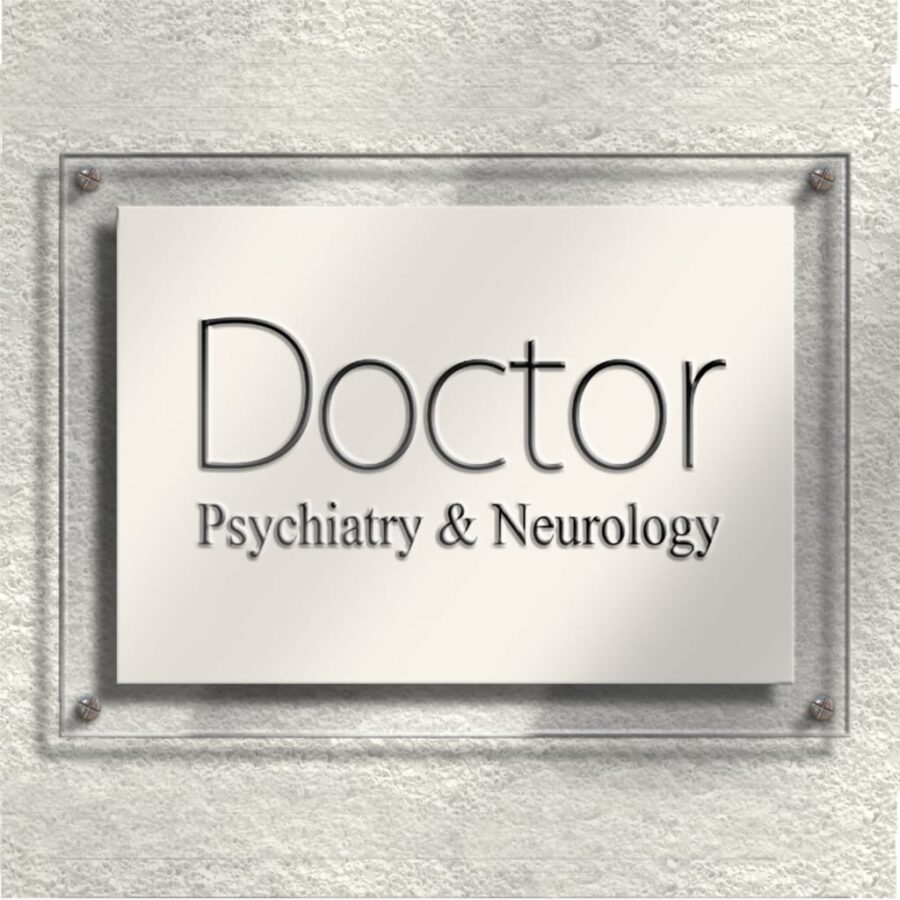
Despite ADHD being predominantly genetically inherited there is no blood test for ADHD. In many countries, getting an adult ADHD diagnosis can be tough. It may feel like a daunting challenge. Having been diagnosed four times ADHD myself (3 private, one on the NHS) and having run an ADHD clinic, I offer some thoughts here on getting an ADHD diagnosis. ADHD diagnostic criteria give a fairly narrow picture of ADHD. If you want to discover what’s been missed, like about our volatile emotions, then check out my illustrated page: What is ADHD? is a comprehensive guide to the impact of low dopamine and weakened executive functions have on our decisions, values, and lives.
Though these guidelines are focussed on the UK, much of the advice below applies wherever you live. You can check out the medical commitment to the formal diagnosis of ADHD here: European Consensus Statement on ADHD.
Diagnosis in the UK is performed exclusively by a qualified Adult ADHD Specialist but you may have to negotiate with GPs, psychologists, nurses and even psychiatrists ignorant of the science of ADHD. Responses from professionals you encounter may seem like pure anti-ADHD prejudice. The support is there but thin on the ground, reaching a specialist with solid adult ADHD experience may demand perseverance.
In England and Wales, adult diagnosis is based on the NICE Guidelines which were published in September 2008, prior to then Adult ADHD was not recognized by the NHS. The NICE ADHD Guidelines sadly have done little to improve investment in ADHD services, which overall continue to be a disgrace. Specific NHS health regions do a better job, in particular, the Maudsley Hospital in London provides a national ADHD adult diagnostic service and provide an outstanding service to many adults across the UK. There are many private psychiatrists, particularly in London who can help with an often speedier, more professional and understanding diagnosis, costs typically range from £600 to £1,200.
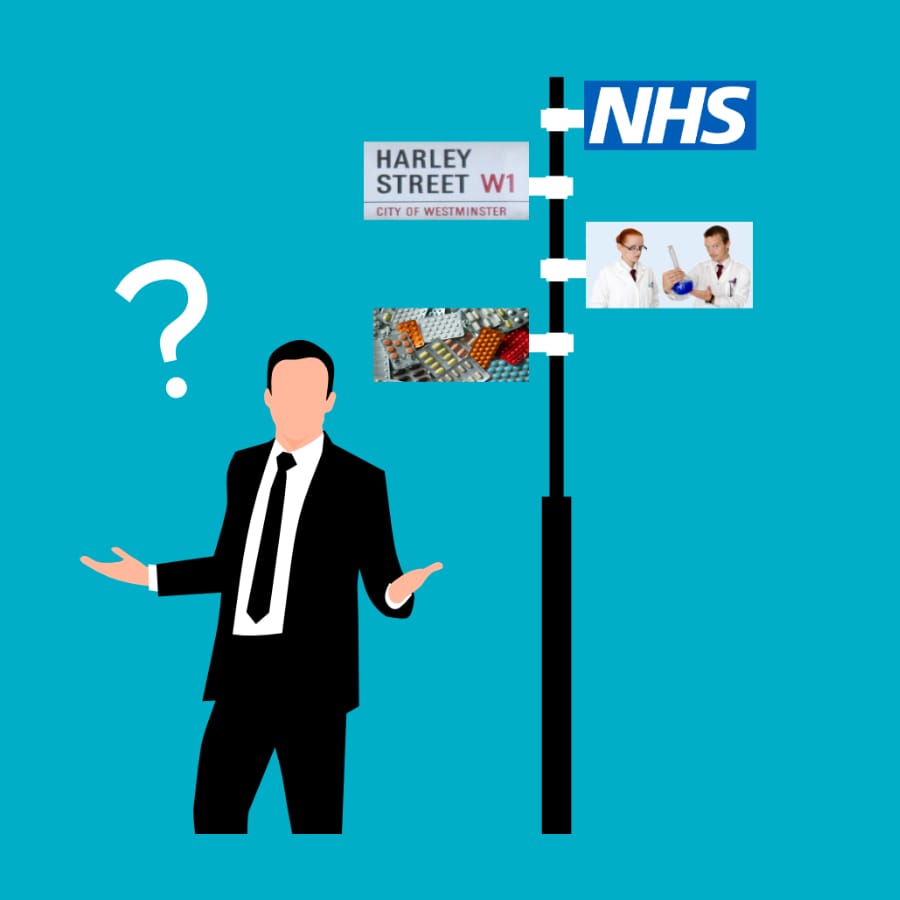
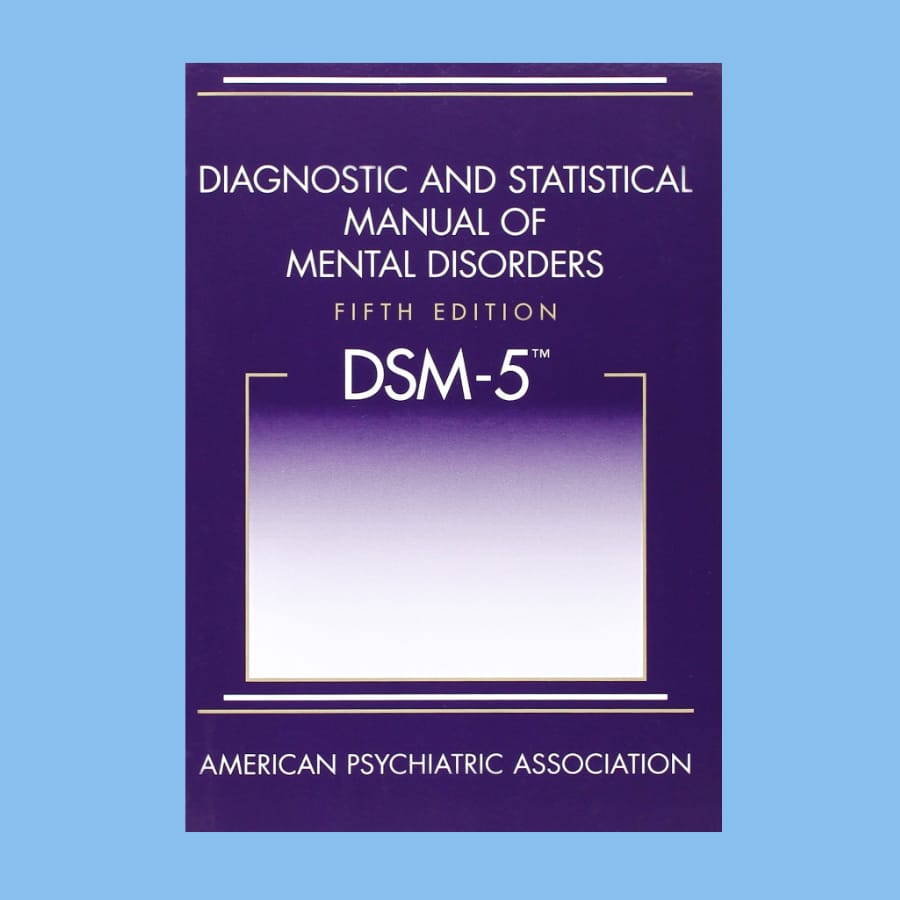
ADHD diagnosis is usually a pretty thorough process. A psychiatrist will, somewhat subjectively, evaluate whether your ADHD symptoms cause you significant impairment. They will wish to rule out other causes like depression, anxiety or thyroid issues. They want to confirm symptoms have been present since childhood – old school reports may have to be found in the back of a cupboard. See some of my school reports here.
Frequently, supporting evidence from relatives is requested, sometimes by completing forms about you and your childhood and even to attend your diagnosis. Not easy when your parents may be elderly, forgetful and disinclined to label their grown-up child.
Clinical assessment usually includes ADHD questionnaires (like the DIVA test here) and a structured interview with a psychiatrist. Expect the psychiatrist to investigate current issues you may have in a work, family and social context. Typically they will verbally confirm your diagnosis and follow up with a formal letter. Medication is usually the first and only treatment on offer.
Getting an ADHD diagnosis usually demands a lot of patience and some resilience, but is it a worthy investment in your time and perhaps money? Most ADHD adults will see their lives significantly improve post-diagnosis. Though ADHD medication can play a big part of this, it is certainly not necessary or the only solution. Great benefits come from our changed perspectives with the certain knowledge of being ADHD. Effective new approaches, new behaviours, and new plans come from these insights and from taking a new ADHD approach to life.
To get a UK NHS diagnosis:
Take along the DSM V Diagnosis Criteria, with the relevant symptoms circled, be ready to give some “extreme” instances of how they have negatively impacted you
Take a copy of the NICE Guidelines along, so that if necessary you can show that the NHS fully supports adult diagnosis
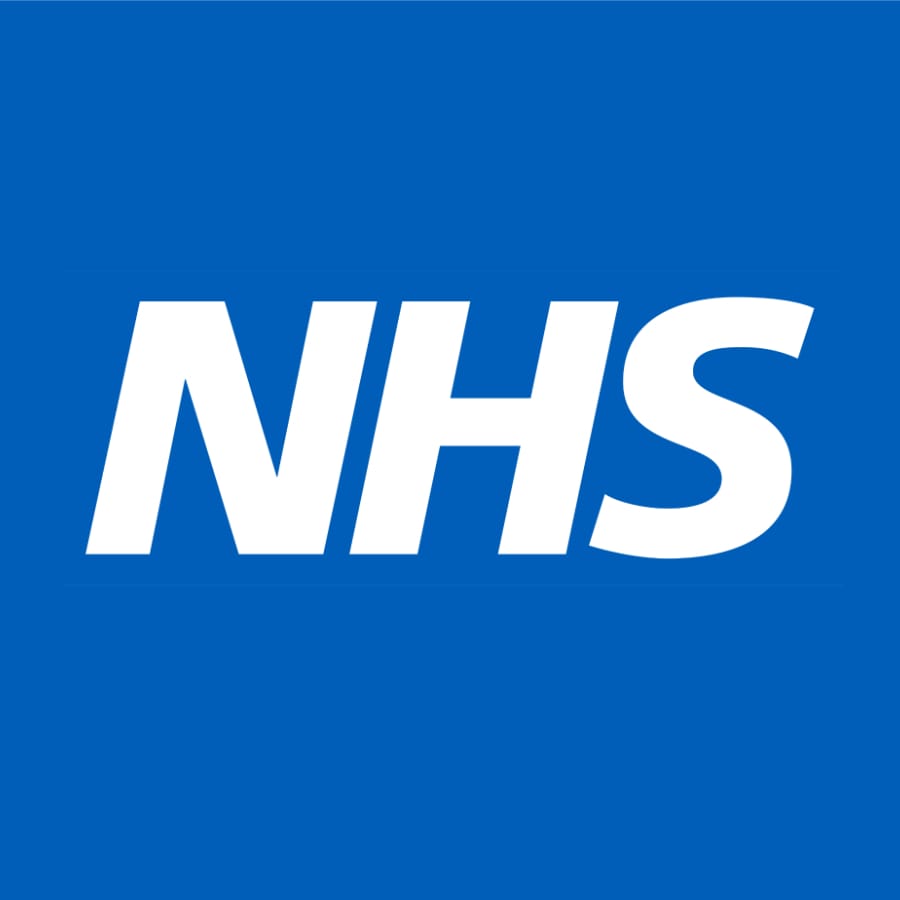
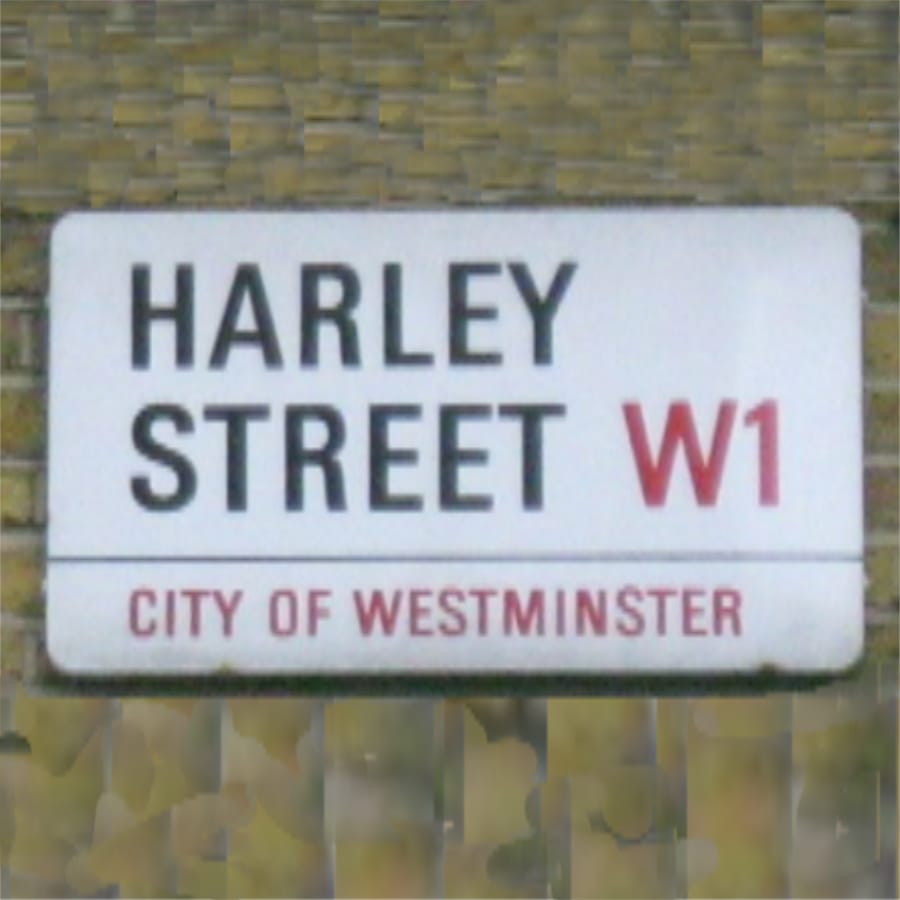
The private route is quickest and least painful. There are many independent psychiatrists who offer diagnosis and a few clinics. Private psychiatrists are usually very experienced with the wide range of adults who may have ADHD, both women, and men, sometimes highly intelligent and successful people too. They will screen for and seek to help with co-morbidities, like depression and anxiety since these are all too common in ADHD.
If you can afford it, private is usually the best bet for an informed, experienced and non-confrontational diagnosis. Costs typically vary from £500-£1,200 in London. Sometimes diagnosis is separately priced from titration, so do check as titration can be as expensive as diagnosis.
Ultimately private is costly. Medications are expensive and you will have to pay for a monthly consult to collect the controlled medication prescription. In most cases, your GP will agree to prescribe on the NHS, if the private psychiatrist writes to them and agrees to provide shared care. This Shared Care Agreement means the psych takes responsibility and determines what the GP prescribes. Not unusual at all. Once set up, your only ongoing costs will be a 6 monthly or annual visit/call with your private psychiatrist.
Once diagnosed you may be offered medication. The more experienced psychiatrists would agree that finding the right medication and the right dose can take from a few weeks to many months. If your specialist considers all medications to be the same it’s not a good sign!
These medications vary a lot and even medications from the same family like may affect you differently, the compositions are not identical and the fillers and dispersal methods vary.
Unfortunately, many UK ADHD specialists don’t plan for lengthy titration periods, so if your initial medication does not work – be prepared to push to try out another. Here is my bumpy, rollercoaster of an ADHD diagnosis journal.
To date, most ADHD medications, are prescribed to adults “off-label”, not using the drug as designed/ licensed. Since almost all ADHD meds are only licensed for children, it means the GP has to bear some additional unwanted responsibility. A “shared care” agreement allows your specialist ADHD psychiatrist to shoulder responsibility, usually GPs demand one. See as example North Bristol Adult ADHD Shared Care Guidelines.
It’s hard to judge how the medications are affecting you, as obviously you are actively changed by their effect. We vary so much day to day, ADHD medication may make you feel like you are having an effective day but not outside your normal bounds. Daily changes in sleep, diet and mood can hide immediate benefits, so persist and assess over weeks not days. Don’t rush to find the ideal dose, take your time to see the subtle effects.
Try keeping an “ADHD medication journal”, give yourself marks out of five on sleep, mood, focus, procrastination, but make some specific to your personal needs from the medication, e.g. hours spent on report or no. times distracted. That way you can track progress more accurately and less forgetfully! Ask for meds feedback from friends and relatives, their responses may surprise you, they may see more improvements than you do – after all, perfectionism is a key part of ADHD!
When you have your next psychiatric consultation about your dose, you will be clearer and more convincing. If you can show your psychiatrist your daily medication trends, it will lead to you more efficiently and effectively finding the best drug and dosage.
Addressing you ADHD by improving sleep, diet, supplements and exercise can make a great difference so that the medication can have a great impact.

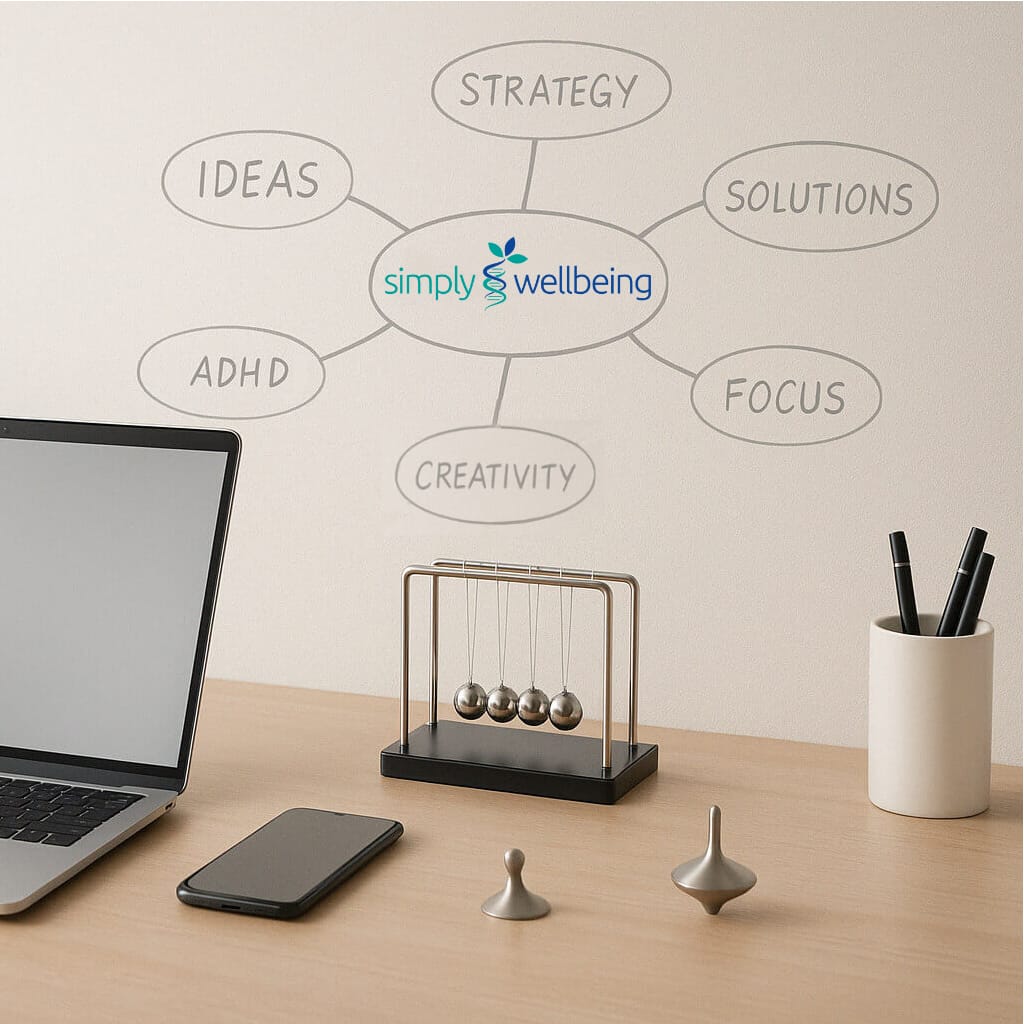
When we figure out we are ADHD, it seems like diagnosis and medication offer a perfect solution. It may take a while to sink in, but there is no cure for ADHD. Drugs can really help, but they won’t fix everything! Many ADHD adults give up their ADHD meds after fighting hard to get them due to side-effects, difficulty obtaining prescriptions or forget to continue! Post diagnosis there are usually many life and work changes needing to be made but following the conventional advice still won’t work, even taking ritalin.
Successful ADHD adults come to realise that it’s far better to understand, accept and embrace their ADHD than fight against it. So they focus less on problems, more on strengths and being grateful for what you do have. They accept shortcomings. They figure out sympathetic, ADHD-friendly strategies and stop pushing boulders up hills. They embrace their differences and live life aligned with their ADHD values and interests.
Coaching can help. If you want to make changes it really makes a difference to have someone to discuss them with, to formulate new approaches and to commit to their success. With coaching there is someone to help you stay on track as you make serious changes and form new habits. Medication makes it easier to change your life, it’s an enabler – but a coach can help you quickly figure out what it is you really want to change and to do so effectively and consistently. Book a free ADHD Coaching Discovery Call with me if you wish to discuss how I might help you make the changes you need to make.
There is an amazing connection in sharing a space in person or on-line with other ADHD adults. It can be extremely helpful, reassuring and even inspiring to hear the stories of other people with ADHD. Check out online spaces on Facebook and Reddit, or check google for in person support groups near you. In the UK there is a pretty good list here.
If ADHD we are far more vulnerable to other mental issues like depression and anxiety. In part due to the more traumatic lives we have led but also due to our different neurology which makes us more emotional and sensitive. Before you can really address ADHD challenges you might more productively focussed on addressing these consequential but critical problems. Do make sure to ask your therapist about their experience in working with other ADHD clients as this is critical to having effective support.
Andrew Lewis is an Adult ADHD Coach, writer and founder of SimplyWellbeing. He has over 16,000 hours of experience in coaching over 600 adults with ADHD. Andrew helps entrepreneurs and creatives with ADHD thrive and achieve wellbeing and is always happy to have a free chat to discuss coaching. Andrew ran a major ADHD support group and even an ADHD diagnostic clinic for a while. Andrew is an adult ADHD Coach backed with business expertise from a twenty years career in software, from roles in programming, through marketing, sales at IBM, then to running a few software start-ups.